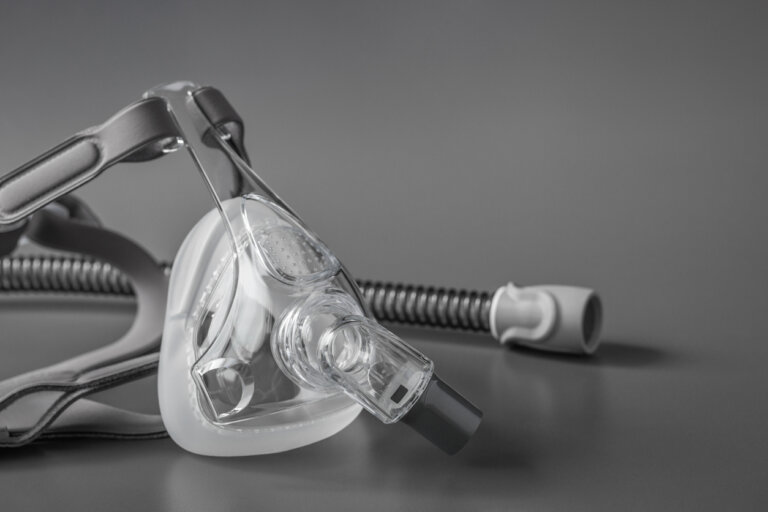People who suffer from sleep apnea and other conditions might use a CPAP (continuous positive airway pressure) machine, like the Philips CPAP device. The purpose of a CPAP machine is to help keep your airways open. The device delivers a continuous flow of air through your nose and mouth to prevent your breathing from getting interrupted during the sleep cycle.
Phillips discovered alarming problems with some of their CPAP machine models. They recalled the dangerous models from the market, but some people were still harmed by their breathing machines before the recall or did not know their machines had been ds recalled. A New Jersey product liability attorney can help you seek the compensation you deserve for the harm you suffered from a recalled Philips CPAP device. Here is what you need to know about the Philips CPAP class action recall lawsuit.
An Update on the Philips CPAP Lawsuits
Numerous individuals filed lawsuits against Phillips seeking compensation for the harm they suffered from the PE-PUR foam and other components of the medical devices. The Western District of Pennsylvania created a class action MDL (multi-district litigation) case and consolidated the lawsuits into one lawsuit in federal court.
With millions of CPAP machines in the hands of consumers across America, it would not be surprising if the number of plaintiffs in this litigation were to explode. The judge handling the class action MDL will create rules and procedures for the plaintiffs and defendants to streamline the discovery, trials, and resolution of these cases and try to keep the expenses of the litigation to a reasonable amount.
How CPAC Machines Can Cause Harm
For some people, their obstructive and central sleep apnea causes them to stop breathing hundreds of times in one night. While the general theory behind these medical devices might be sound, the materials used to make some of the Philips CPAP devices are linked to injuries from the defective machines, including inhaling toxic chemicals, particles, and sharp pieces of equipment that dislodged from the machines.
The Food and Drug Administration (FDA) requires manufacturers to submit medical device reports (MDRs) when they become aware that one of their medical devices might have caused or contributed to someone’s death or serious injury. The FDA received more than 98,000 MDRs, including 346 reports of death, from Phillips between April 1, 2021, and December 19, 2022, for harm associated with the breakdown or degradation of the PE-PUR foam in some of their CPAP machines.
When the foam in the Philips CPAP devices degrades, the people using those machines report injuries, including cancer, chest pain, asthma, pneumonia, other respiratory problems, cough, difficulty breathing, infection, headache, and dizziness. The MDRs are not a complete data source for post-market harm to consumers who use the recalled medical products.
MDRs are an entirely voluntary reporting system for patients, consumers, and health professionals, as well as some mandatory reports from the manufacturer. The number of people harmed by these medical devices could be significantly higher than reported to the FDA.
If you or a loved one suffered injury or illness because of a Philips CPAP machine, you should speak with a New Jersey personal injury attorney as soon as possible. There are deadlines in these cases that could take away your right to seek compensation for your losses. We are happy to offer a free initial consultation with no obligation. Get in touch with our office today.

